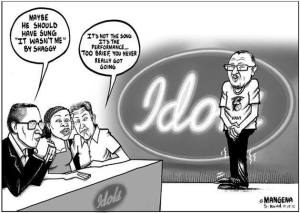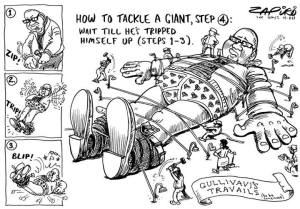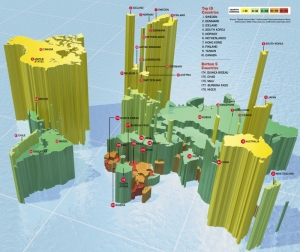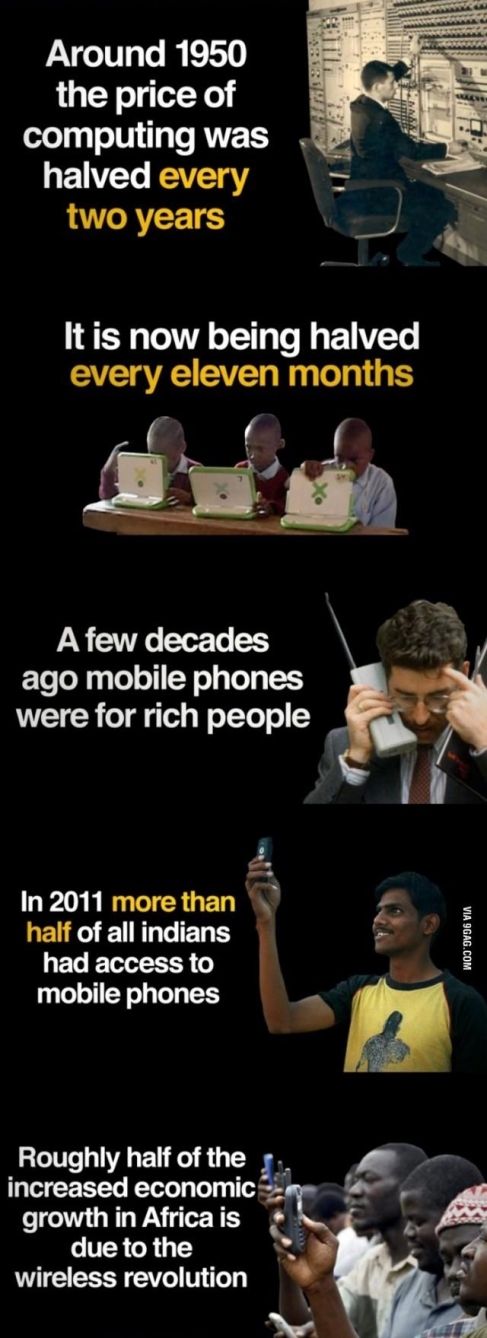Zwelinzima Vavi. Secretary General of Cosatu.
This man is no stranger to bad press. That considered, he is no different from many other South African politicians in that respect. However, Vavi’s “sex scandal” has been debated as to whether or not it was ethical. In my opinion, to question the ethics is unnecessary. It is outlined in Cosatu’s code-of-conduct policy that (as with any other place of work) sex within the workplace, whether it is part of an illicit affair or an established relationship, is to be considered inexcusable, unethical, and warranting investigation and disciplinary action against the perpetrator(s).
As such, with the above information, one can conclude that Vavi’s actions were not ethical. Despite this, people still seem to be debating the ethics of this scandal. I believe that understanding Vavi’s motivations, the reasons behind why he did what he did, will provide a greater understanding of the situation, as well as backtracking through the events that lead to the publicity explosion surrounding Vavi at the moment. Likewise, looking at Vavi’s sex scandal from a political standpoint will provide another angle of analysis and further understanding.
Moses Melini, SABC Radio News Senior Reporter, posted an opinion article on the SABC News website in which he wrote (referring to Vavi’s wife):
“He probably tried to rationalize his behavior. Hell, it was probably her fault. Pregnancy had messed with her hormones, and she hadn’t been treating him right. In fact, she’d also lost her sex appeal, and his libido was demanding more. The other woman understood him better. She didn’t complain that he wasn’t helping out with the daily chores. She didn’t nag or demand attention.”
This perspective considers his conduct in a more personal and family oriented direction. This is my preferred approach to the Vavi scandal, but in no way do I condone his actions by any stretch of morality.
Political Science studies suggest that high-ranking political officials generally do not have their personal lives separated from their public profiles as well-known leaders of society. Vavi’s sex scandal, because of its direct relation to his working for Cosatu as Secretary General, it can not be separated from his public image anyway. Regardless, even if it was a completely private affair, unrelated to his employment, it would have still brought him under scrutiny. This, much like President Zuma’s “shower scandal” before he succeeded the presidency. Many have speculated that this was used to discredit Jacob Zuma, make him unpopular, and lose him the presidency.
In an IOL News article by Poloko Tau and Baldwin Ndaba, titled “Sex scandal used ‘to get rid of Vavi’”, the writers state that Vavi had been victim to numerous previous attempts to remove him from his post as Cosatu Secretary General. They say this was through the use of corruption charges and disciplinary investigations in the hope that they would lead to Vavi’s censure, suspension and total removal from Cosatu. If one follows this train of thought, one can surmise that this ‘plot’ to use scandalous stories to discredit Vavi has been going on for some time.
Taking a step slightly backward in time to the rape case against Vavi shortly after his marriage, this is one he completely denied. Furthermore, his ‘victim’ retracted her accusations against him and he was effectively let off the hook without too much damage or too much hype in the media. His recent scandal however, is one he did admit to having done, merely days before his twins were born. Many say this amounts to him shooting himself in the foot through his admission. He is now suspended and the scandal has slightly quietened down in the news.
Either way, there is still not argument as to whether or not his actions were ethical, because as I am sure anyone will agree, his actions were in direct contravention of what is written in Cosatu Code-Of-Conduct policy as downright unethical.
He has no excuse.




